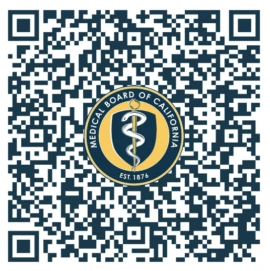Acid Reflux

Acid Reflux:
Managing Symptoms and Finding Relief
What is acid reflux?
Acid reflux, also called gastroesophageal reflux (GER), occurs when the acidic contents of your stomach regurgitate up into your esophagus.
Acid reflux occurs when the lower esophageal sphincter (LES), the tight band of muscles that separates your esophagus from your stomach, relaxes when it shouldn’t.
There are many factors that can cause your LES to relax:
-
Some types of food or drink (fried foods, caffeine)
-
Certain medications
-
Smoking
-
Hiatal hernia
-
Increased pressure on your abdomen from pregnancy or obesity

What are the symptoms of acid reflux?
-
Bad breath
-
Foul taste in the back of your mouth
-
Dysphagia (difficulty swallowing)
-
Laryngitis
-
Chest pain
What happens during an evaluation for acid reflux?
When you come in to see the experienced team of gastroenterologists at Digestive Disease Consultants of Orange County for an acid reflux evaluation, you can expect a thorough exam.
During your evaluation, your gastroenterologist asks detailed questions about your symptoms and how often they occur. They also ask about your diet, lifestyle habits, medical history, and the types of medications you take.
Though your gastroenterologist diagnoses acid reflux and GERD after a history and physical, in some cases they may also recommend an upper endoscopy and biopsy to assess your esophageal health and rule out other health concerns.

How is acid reflux treated?
The team at Digestive Disease Consultants of Orange County develops an individualized treatment plan for your acid reflux based on the severity of your symptoms and any related health complications you have.
Treatment may include lifestyle modification and medication. The team may recommend:
-
Diet modification
-
Not eating too close to bedtime
-
Over-the-counter or prescription medication to reduce stomach acid production
-
Gastrointestinal motility medications
-
Referral to the on-staff registered dietitian
-
A weight-loss consultation
Regular follow-up visits may be scheduled
to monitor your acid reflux and the effectiveness of your treatment plan.
Acid reflux is common. However, untreated chronic acid reflux may damage your esophagus and increase your risk of developing additional health issues, so getting treatment is a positive step toward overall wellness.


